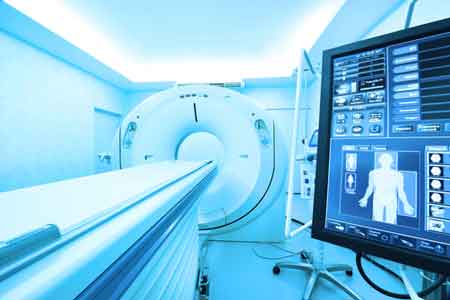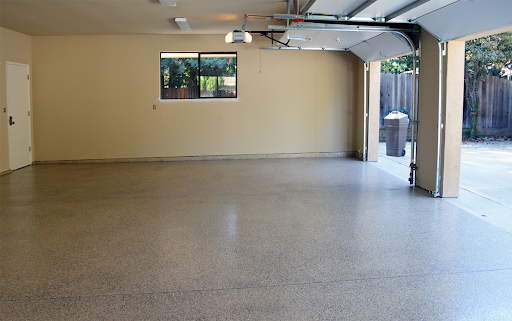In the healthcare industry, access to state-of-the-art medical equipment is essential for providing high-quality patient care. However, purchasing expensive diagnostic machines, imaging systems, and treatment devices often requires financing. Medical professionals and healthcare facilities have two primary options for funding: medical equipment financing companies and traditional banks.
Each option has its own set of advantages and disadvantages. The right choice depends on factors such as approval time, interest rates, flexibility, and specialized knowledge of the medical industry. In this guide, we compare medical equipment financing companies and banks to help you determine the best option for your needs.
Understanding Medical Equipment Financing
Medical equipment financing allows healthcare providers to purchase or lease necessary equipment without making a large upfront investment. Financing solutions help businesses manage cash flow while ensuring they have the latest medical technology to provide top-tier patient care.
Medical equipment loans can cover a wide range of devices, including:
- MRI and CT scanners
- X-ray machines
- Surgical instruments
- Patient monitoring systems
- Dental and ophthalmic equipment
- Laboratory tools
Medical Equipment Financing Companies
Medical equipment financing companies specialize in providing loans and lease options tailored to the healthcare industry. These companies focus on understanding the financial and technological needs of medical practitioners, offering various funding solutions.
Advantages of Medical Equipment Financing Companies
- Industry Expertise
Medical equipment financing companies understand the healthcare market, its challenges, and the value of medical devices. This expertise allows them to provide tailored financing solutions that align with a practice’s needs.
- Faster Approval Process
Unlike traditional banks, which often require extensive paperwork and long waiting periods, medical equipment financing companies streamline the approval process. Some lenders can approve financing within days, allowing medical providers to acquire equipment quickly.
- Flexible Financing Options
Medical equipment lenders offer customized financing solutions such as:
- Leasing – Allows businesses to use the equipment while making affordable monthly payments.
- Equipment Loans – Businesses own the equipment after the loan is repaid.
- Deferred Payments – Some companies provide grace periods before payments begin.
- Higher Approval Rates
Medical financing companies are often more lenient with credit requirements, making it easier for small practices or businesses with limited credit history to secure funding.
- Tax Benefits
Financing medical equipment through a specialized company may allow businesses to take advantage of tax deductions such as Section 179, which permits deductions for qualified equipment purchases.
Disadvantages of Medical Equipment Financing Companies
- Higher Interest Rates
While approval rates may be higher, interest rates may be slightly higher than those of traditional banks, particularly for businesses with poor credit scores.
- Equipment Ownership Limitations
Leasing options can limit ownership flexibility. Some companies require businesses to return the equipment or make a balloon payment at the end of the lease term.
Banks: Traditional Equipment Financing
Many healthcare providers turn to banks for equipment loans due to their long-standing reputation and financial security. Traditional banks offer loans and lines of credit for businesses in need of medical equipment financing.
Advantages of Bank Financing
- Lower Interest Rates
Banks generally offer lower interest rates on loans, especially for businesses with strong credit histories. This can save significant money over time compared to medical equipment financing companies.
- Stability and Reliability
Banks are well-regulated institutions with long-standing reputations. This stability provides businesses with confidence that their lender will be available throughout the loan term.
- Full Ownership of Equipment
Banks typically provide traditional loan structures, allowing businesses to own the equipment outright once the loan is repaid, with no lease restrictions.
Disadvantages of Bank Financing
- Lengthy Approval Process
Bank loan applications involve a rigorous approval process, requiring extensive documentation such as financial statements, tax returns, and business plans. Approval may take weeks or even months.
- Stricter Credit Requirements
Banks have stricter credit requirements, making it difficult for new or smaller businesses to qualify for financing. Businesses with lower credit scores may not receive approval or may face unfavorable terms.
- Limited Flexibility
Banks typically offer standard loan structures with little room for customization. Unlike specialized lenders, they may not provide leasing options, deferred payments, or other flexible financing solutions.
Which Is the Better Choice?
The best choice between medical equipment financing companies and banks depends on your specific business needs, credit situation, and urgency.
Choose Medical Equipment Financing Companies If:
- You need quick approval and funding.
- You have limited credit history or a lower credit score.
- You prefer flexible financing solutions like leasing or deferred payments.
- You want to work with a lender who understands the medical industry.
Choose a Bank If:
- You have strong credit and can qualify for a lower interest rate.
- You prefer full ownership of equipment without lease restrictions.
- You can afford to wait through a longer approval process.
- You need a larger loan amount for expensive medical technology.
Final Thoughts
Both medical equipment financing companies and banks offer valuable financing solutions, but the right choice depends on your business’s financial position, time constraints, and equipment needs. If you need a fast, industry-specific lending solution with flexible repayment terms, medical equipment financing companies may be the best fit. However, if you have a strong financial profile and prefer lower interest rates with full ownership, a bank loan may be the ideal option.
Before making a decision, carefully assess your financial standing, compare offers, and consider consulting with a financial advisor to ensure you secure the best financing for your medical practice.









